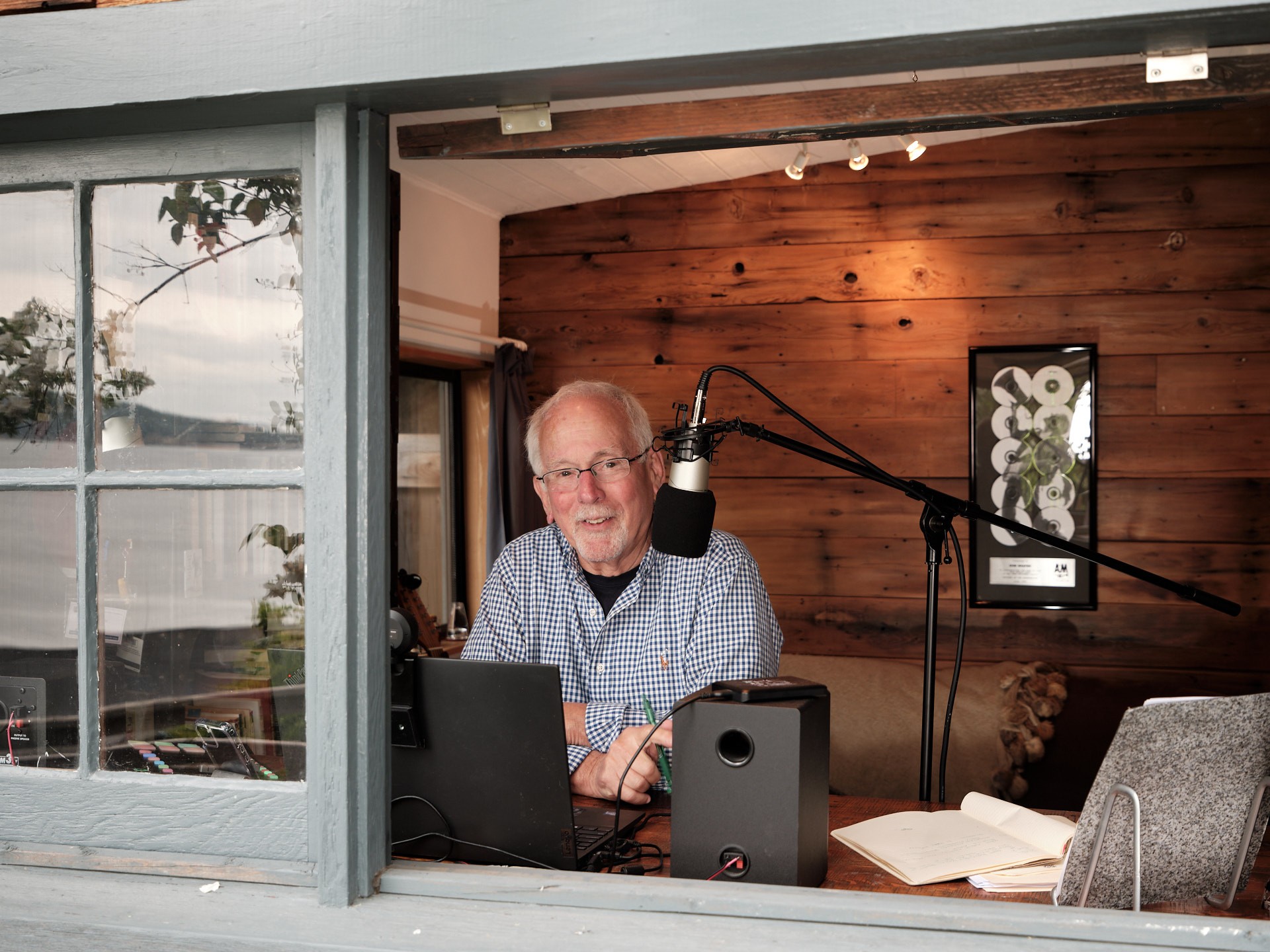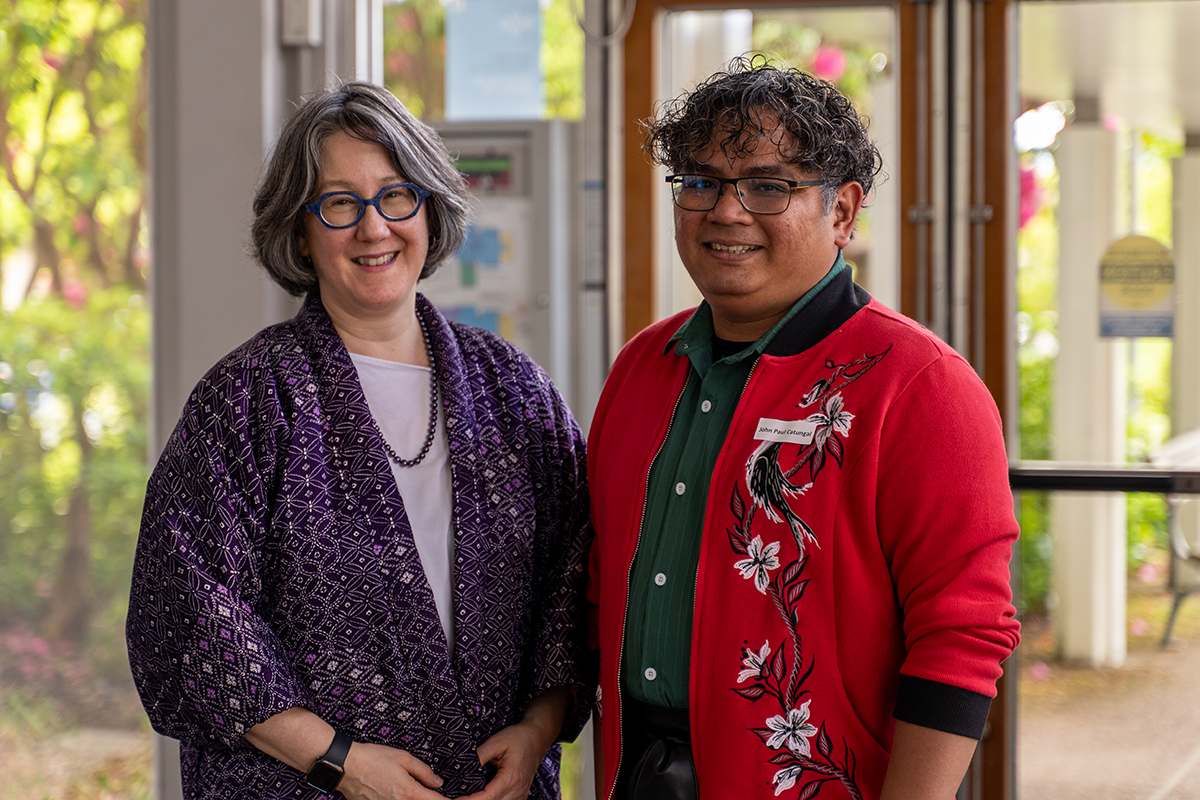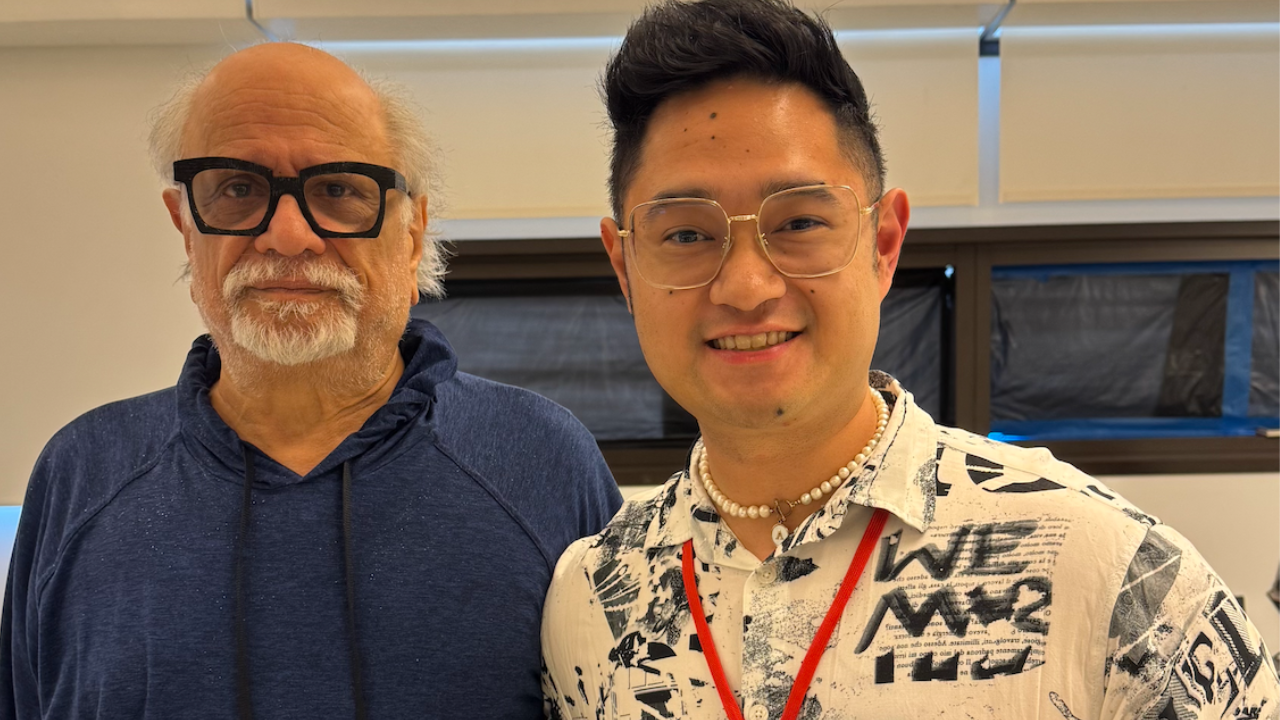GRSJ Director, Dr. Nora Angeles and Khadija Anjum (PhD candidate, School of Public Policy and Global Affairs) have recently published in”Agriculture and Human Values”. The Journal publishes research that critically examines the values, relationships, conflicts and contradictions within contemporary agricultural and food systems and that addresses the impact of agricultural and food related institutions, policies, and practices on human populations, the environment, democratic governance, and social equity.
Abstract
Proponents of rising agricultural prices argue that enhanced farm profitability from higher commodity prices could generate positive spillovers for farm labourers by creating greater demand for their labour at higher wages overtime. We studied 75 households of fulltime and seasonal farm labourers engaged in rice-wheat production in Mandi Bahauddin district, Punjab, Pakistan, using cross-sectional survey data and interviews to examine how farm labourers’ food security and livelihoods have evolved amid rising market prices of rice-wheat crops and generalized inflation. For a holistic analysis, we combined political economy framework and structural class analysis to unveil the contradictory role of non-market transfers of informal credit, and gifts extended by capitalist farmers in at once enhancing the farm labourers’ short-term food security while undermining their long-run food security. The latter occurs through informal credit mobilization, where growing indebtedness among farm labourers leads to wage squeezes. Structural capitalist farmer-labourer class exploitation combines with weak farmgate price response to undermine prospects for a positive trickle-down effect of higher food prices in the form of higher wages for farm labourers. We interpret these findings in the context of ongoing debates on the welfare implications of rising food prices for the poor in Global South countries. We propose policies including redistributive land and housing reform, minimum wage regulation, consolidation of public and civil society safety nets, and the creation of alternative low-and-semi-skilled livelihood opportunities.


